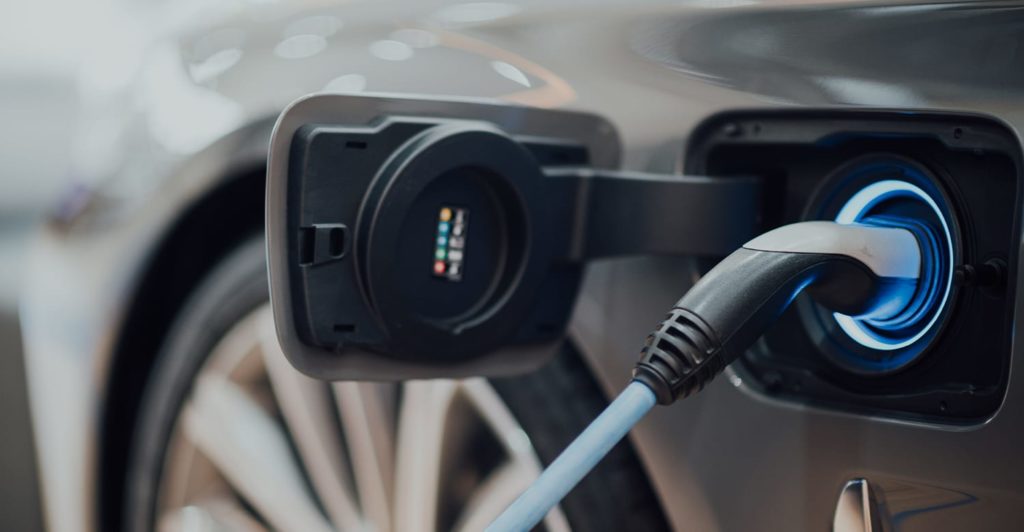Yes, an EV if properly equipped can provide power to a home. What’s more, EVs often have much larger battery packs than homes have. The Nissan Leaf can have a 40 – 65-kilowatt-hour battery pack, Teslas can come with up to a 100-kilowatt-hour battery pack. By way of comparison, the Tesla Powerwall battery pack has a 13.5-kilowatt-hour capacity. Using your EV to provide power to your home has another benefit, consumers on time-of-use billing could use the power stored in their EV’s battery to avoid high peak rate hours. Japan is already using EV’s to provide emergency power, they’ve used EVs to supply power in disaster zones for decades.

Startups entering the Vehicle-2-home space
While the idea of using EVs to power your home has been done in Japan for decades, it is still relatively new in the United States. Starting in 2020, a few different startups are rushing to enter the California market in particular.
A Montreal-based startup called Ossiaco has released a home charging system called dcbel, which is used to charge the EV when the power is on, and power the home when the power goes out. The system is compatible with home solar systems and offers fast charging for EVs. According to the manufacturer, the system can provide 60 miles of range with just one hour’s charge time. By way of comparison, a standard home level 2 charger provides 24 miles of range with one hour charge time.
EVs that can be used to power a home
The main EVs that are discussed as candidates to power a home include the Nissan Leaf and all of the Teslas. These EVs have the fast-charging option, which allows a lot of power to flow both ways. EVs with the high capacity of a Tesla may be able to power a home for days at a time!
But what about non-fast charging EVs and even plug-in hybrids? The author of this article owns a Chevy Volt, which is a plug-in hybrid, and did some research. The answer is yes, there is a kit from a company called EV Extend that will allow you to draw up to 1500 watts continuous power from a Chevy Volt. The system can provide power with or without the Volt’s ICE running. An advantage of a kit such as this one is that you can even install it yourself. The system doesn’t supply enough electricity to power an entire home. Instead a user would have to choose which appliances would get power from the system.
EV backup power is an idea whose time has come
EVs and plug-in hybrids are becoming popular options to conventionally-powered vehicles. For states like California, which suffer from grid reliability issues, using your EV or plugin hybrid for emergency backup power is an idea whose time has come.
Note: Each solar system is unique to the home, and that consumers interested in the above technologies should do their own research as to how it would best fit their unique situation.
